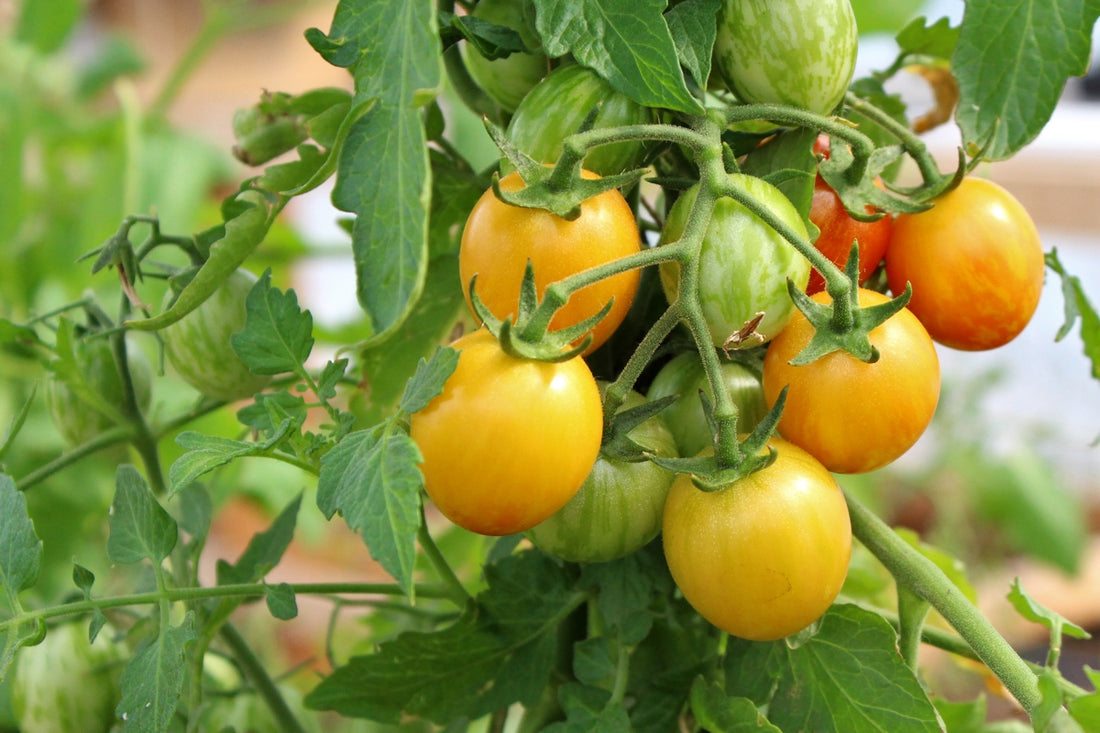As summer mingles with fall, the Grand Acres Community Garden in Fair Haven is bursting with life. In plots tended by neighborhood residents, the season’s last tomatoes and squashes are still ripening on the vine. The first ears of corn are half-grown. Butterflies—cabbage whites—float among purple morning glories, and squirrels rattle around in the still-green trees above.
The garden belongs to the New Haven Land Trust. Founded in 1982, when it was the only urban organization of its kind in Connecticut, it runs community gardens and open spaces around the city, where, among other activities, it hosts meet-ups, teach-ups, cleanups and eat-ups.
Out of all those sites, the Grand Acres garden, executive director Justin Elicker explains, is special. The Land Trust runs 50 gardens in the city, but Grand Acres is one of just a few the organization literally owns. “All the other ones, we either have a lease or an informal agreement with the property owner.”
sponsored by
Owning the house-and-yard-sized plot gives the Land Trust more leeway to make game-changing modifications, like building the large heated greenhouse that stands at one end of the property. Ownership gives Elicker and his colleagues peace of mind—and incentive to do more. “Since we know that it’s not going to be taken away from us down the road,” he says, “we’ve invested more time and money on this site.” Thanks to the greenhouse, currently bursting with tomato, kale and ground cherry plants, it’s the headquarters of the Trust’s Growing Entrepreneurs program, which hires and trains teens to conceptualize and run garden-based businesses, with the nonprofit’s resources on their side. Now in its second year, the program trains participants in carpentry and farming, as applicable, as well as business administration.
One of the barriers to pursuing agricultural businesses in Connecticut is the weather. “We realized, in order to do something year-round, to keep connected with the kids, we needed some warm growing space,” Elicker says. This spring, the plan is for the Growing Entrepreneurs to use the greenhouse to grow and supply the seedlings the Land Trust distributes to its community gardeners, which were bought from third parties in the past. Any extras, the budding businesspeople can sell.
sponsored by
This year’s class contains Sadilka Lopez and Brianna Chance, students at Wilbur Cross High School; Xavier Hernandez, a Hillhouse High School graduate; Carlos Velíz, from Eli Whitney Technical High School; and Rasha Abuhatab, from Metropolitan Business Academy. Projects range from Lopez’s forthcoming line of Puerto Rican sofrito sauce, made from vegetables grown in the garden, to a group project building raised plant beds to sell to households around New Haven. With the help of a trailer attached to a bicycle, the Entrepreneurs also sell fresh produce to New Haven establishments like Ordinary, Junzi Kitchen and The Juice Box. The kale, Elicker tells me, is especially in demand. The young entrepreneurs will be presenting their projects and produce at the Land Trust’s Beer & Oysters on the Sound event on September 17.
Elicker, who many New Haveners will recognize from his 2013 mayoral bid, has been the executive director of the Land Trust since early 2014, having earlier worked at Yale and served on New Haven’s Board of Aldermen. In the years since, he says the Land Trust has tried to increase its number of programs, both educational and recreational. This January, the programming extended more firmly into the sea, when the Land Trust absorbed Schooner Inc., an educational sailing non-profit that had fallen on hard times, in order to continue providing a nautical summer experience to New Haven children.
The beginning of Elicker’s tenure as director was rocky, taking over after the previous director was charged with misusing the organization’s funds. But starting under interim director Catherine Bradshaw, who preceded him, Elicker says the Land Trust has rebounded, with more staff, funding and programming than ever, though he fears that cuts in government grants may be looming.
Even if that happens, the Trust seems strong enough to weather the storm. After 35 years, its roots across the city reach deep, with some 800 community gardeners at present, plus countless others who enjoy its programs and preserves.
“A lot of typical land trusts will… try to keep people off the land,” Elicker says, and although he can see the conservational logic of that, he believes New Haven’s needs call for a different approach. “We’re interested in getting as many people on the land as possible.”
New Haven Land Trust
458 Grand Ave, Ste 111, New Haven (map)
(203) 562-6655 | info@newhavenlandtrust.org
www.newhavenlandtrust.org
Written and photographed by Anne Ewbank.










